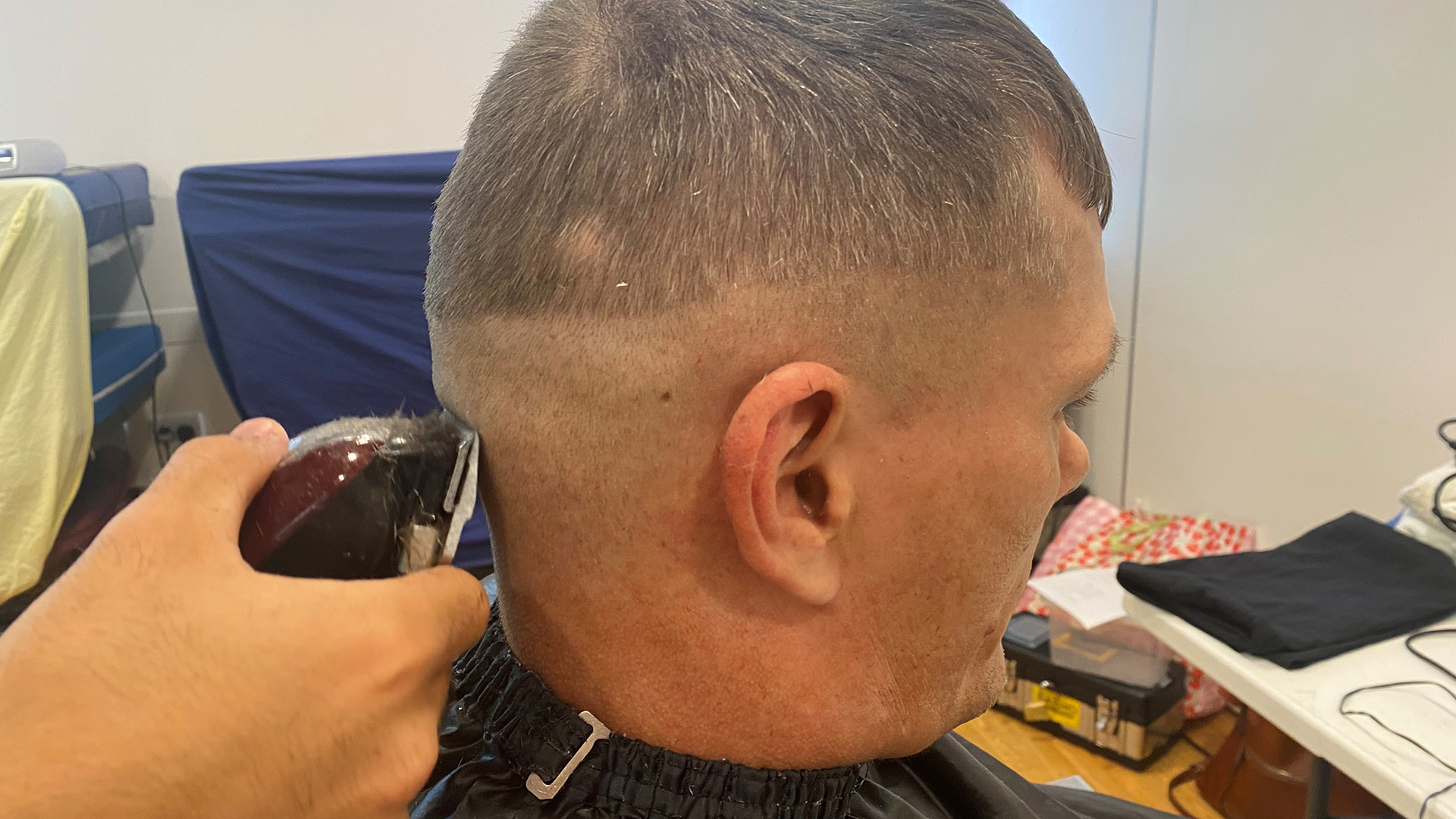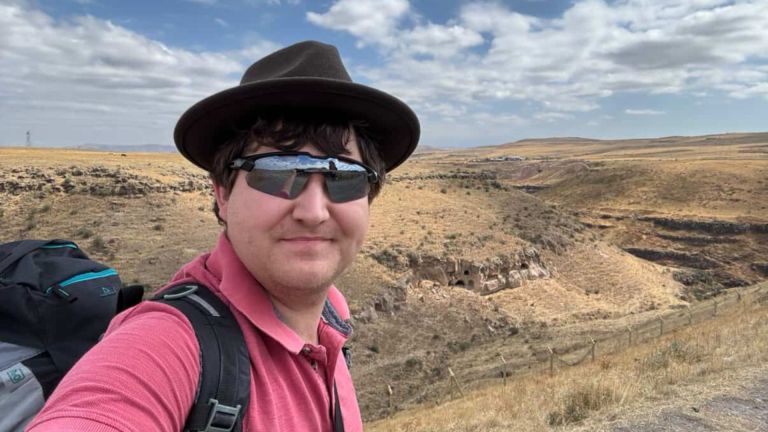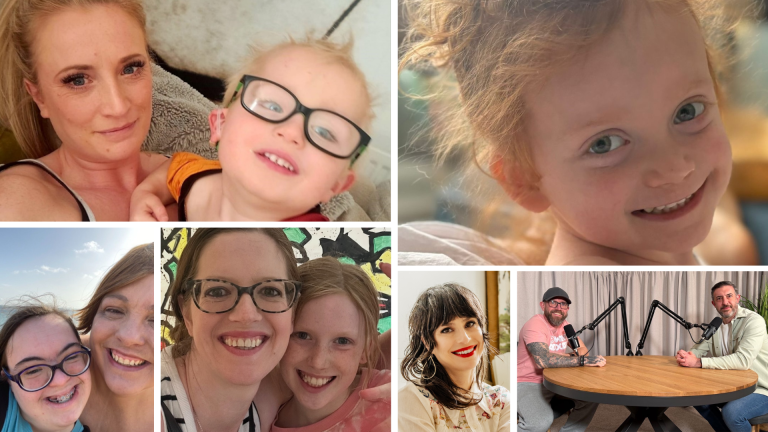He was joined by Carl, 39, who spent 38 years in nearby Huddersfield – and in and out of prison – before moving to Leeds to turn his life around. “I was known for all the wrong reasons in Huddersfield,” he says. “The Crypt and Narcotics Anonymous changed my life.
“If it wasn’t for the Crypt, I’d probably still be in prison – or dead. I thought I’d always be an addict; I thought I’d die an addict. The Crypt took me from chaos to citizenship.”
This emphasis on transformation is at the heart of the hairdressing project.
The collaboration began with a conversation between Lisa, the Crypt’s health and wellbeing coordinator, and her brother, a prison officer at HMYOI Wetherby. “We’d been struggling since Covid with a lack of hairdressers,” she explains, “and he was telling me about the project and how the lads were really thriving, but obviously they were only cutting each other’s hair. And I was telling him about our need for barbers, and we said, there must be a way we can link this in and make something happen.”
Lisa spoke with Ryan Savery, business engagement manager at HMYOI Wetherby.
“I manage the working out parties for ROTL, so part of my work is to look at different opportunities, projects and clients to work with,” he says. “We want young people who are learning a skill to have the chance to go out on ROTL and practise that skill, so I contacted Lisa and asked if she was interested in us bringing people down, and she said yes.
Advertising helps fund Big Issue’s mission to end poverty
“The planning took a year – it began just after Covid – we wanted to give them an opportunity to work with a different demographic, to do a good thing for the community and to hone their skills out of their comfort zone.”
The young people are trained in hairdressing by Amy Stephenson, who worked as a barber for eight years before she began teaching with Novus. When she and Savery first began work on the project, they were initially met with resistance – “you’re not taking young people out with scissors” – but her tutees succeeded in earning approval to come to the Crypt.
“At the end of every unit I teach, the students do a test, which includes a lot of practical elements on certain haircuts and health and safety procedures,” Stephenson says, emphasising the importance of gaining practical experience. “After about six months, they can get their Level 2 Diploma in Barbering.”
Without projects like this, “we’d never break the cycle,” Savery adds. “We might not break the cycle for everyone, but there are young people who will learn from this course and the people they’re working with that actually, it will be a benefit in their future.
“They could go out and get employment in their local barbershop or become self-employed.”
“I want to become a barber when I come out,” agrees one of the participants, who recently turned 18. “I really enjoy it.”
Advertising helps fund Big Issue’s mission to end poverty
“I just wish I’d taken opportunities when I was 18,” says Mark, who became an addict at 14 and has also spent time in prison. “Maybe I wouldn’t be in the situation I’m in now. If I could get that message to people in Young Offenders, maybe their lives wouldn’t keep going downhill.”
Gareth, who has lived at the Crypt since he was released from prison last winter and came for a haircut, agrees. “You need to get into schools,” he urges Stephenson. “That’s where it starts.”
“If young kids who’ve been put in prison are given a chance to do something they want to do, it gives them a chance, and even if it just stops one person reoffending, it’s worth it,” Lisa says. For the clients, meanwhile, “what a difference a haircut can make. People come here with nothing, and a haircut can make all the difference to how they feel and their confidence.”
Do you have a story to tell or opinions to share about this? We want to hear from you. Get in touch and tell us more.









